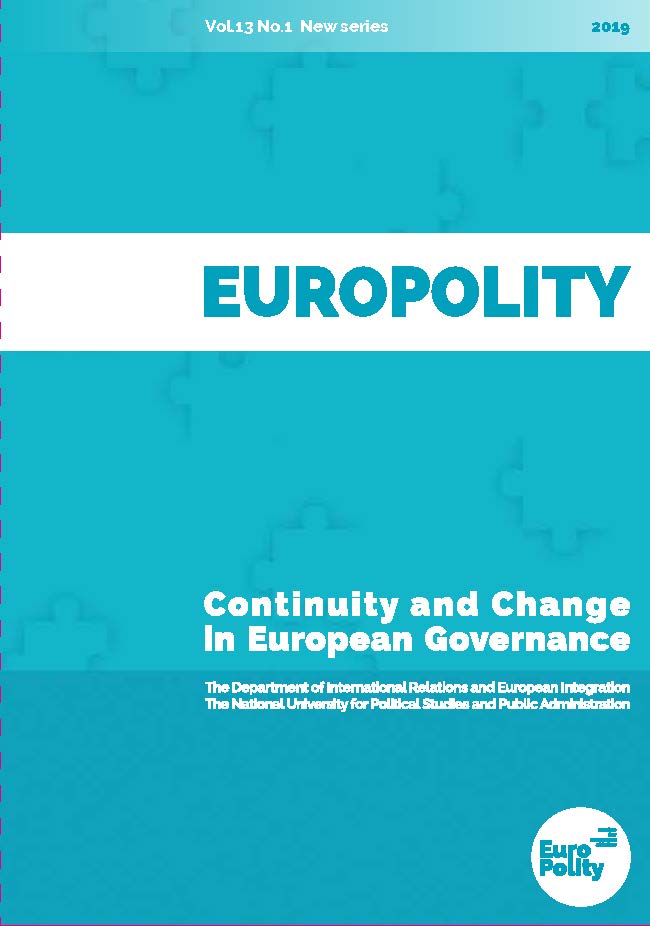ONLINE WEB TOOLS: FORMING AN EUROPEAN COMMUNITY OF LEARNING
ONLINE WEB TOOLS: FORMING AN EUROPEAN COMMUNITY OF LEARNING
Author(s): Andreea PausanSubject(s): Politics / Political Sciences, Social Sciences, Education, Civil Society, Governance, Adult Education
Published by: Scoala Nationala de Studii Politice si Administrative (SNSPA)
Keywords: Collaborative learning; community of learning; digitalisation; online tools;
Summary/Abstract: In an age when the information and communication technology (ICT) is part of our daily lives, education changes to accommodate the growing need of users to interact and engage across geographical distances. This implies both a change of infrastructure to include the new ICT instruments and a change of student teacher relationships as they adapt to the new environment. What online tools to deem most appropriate to use so they convey the desired message is a challenge, partly due to the large offer available, and, partly, due to the lack of familiarity and the hesitance in approaching these tools. This paper is a narrative viewed through the lens of social learning theory of a training course on education web tools with participants from six countries in Europe, sponsored by the Erasmus + Program of the European Union. Its purpose is to present an example of collaborative project aimed at introducing online tools to youth workers.The five different projects presented at the end, as well as the feedback from the participants, confirm this type of program answers a need of educators to know more about online tools. Furthermore, the incipient stages of building a community were exhibited. This facilitated learning and collaboration, while allowing the participants to create valuable artefacts. Methods: The paper used the researcher’s journal and observations, artefacts created during the exercises, feedback from the students at the end of the training, and reflexive letters from participants and organisers after the group training was completed. All this information was organized into a narrative that showed what happened during the one-week training, with focus on collaborative learning.
Journal: Europolity - Continuity and Change in European Governance
- Issue Year: 13/2019
- Issue No: 1
- Page Range: 81-100
- Page Count: 20
- Language: English

